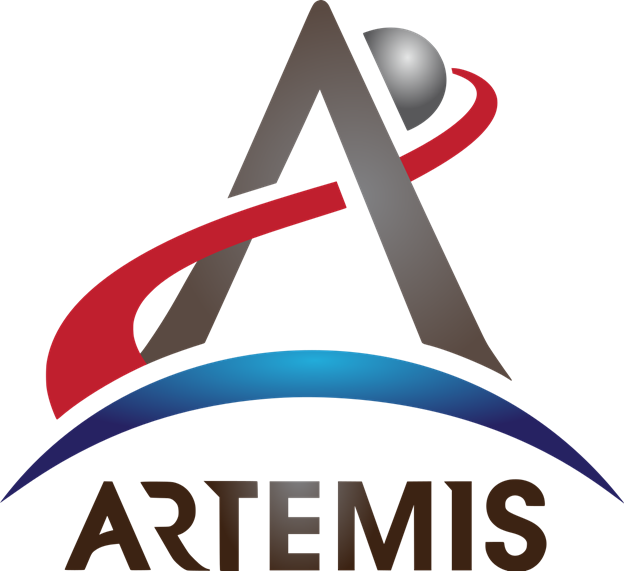Part 2 of 2 Parts (Please read Part 1 first)
It is notable that Russia and China, two of the most influential spacefaring nations in the world, are not included among the signatories of the Artemis Accords. Bridenstine said that more countries would be signing on to the Artemis coalition but that it is not yet clear whether Russia would ever be among them. At an IAC session, Dmitry Rogozin, who is head of the Russian space program, complained that the lunar Gateway project is “too U.S.-centric.” It will be guided by a multilateral agreement instead of a series of bilateral agreements.
Rogozin said that “Russia is likely to refrain from participating in it on a large scale.” He also said that he might consider changing his attitude on participation if the decision-making process for the Gateway changed to put more emphasis on international cooperation. Responding to the Russian statements, Bridenstine said that the Gateway agreement would follow the model set by operations on the ISS and that he was “open and interested” in feedback from the Russians.
China is considered to be a special case because NASA is currently prevented from conducting bilateral talks with their Chinese counterparts due to national security concerns. He said, “NASA, as an agency, always follows the law, and the law right now prohibits us from engaging China on bilateral activities. If China’s behavior were to be modified in a way that Congress, Republicans and Democrats, come together and say, ‘Look, we want to engage China,’ NASA stands ready.”
The text of the Artemis Accords suggest that they could apply to celestial destinations beyond the Moon. This could include Mars, comets and asteroids. Mike Gold is the associate administrator for NASA’s Office of International and Interagency Relations. He said that such further-out space missions would have to be covered more fully in future agreements that build on the foundations of the Accords.
Gold said, “Regardless of where you go in the solar system, we still think they’re very applicable. But again, we’re modest enough to know, like the U.S. Constitution in many ways, that changes will need to be made. We’ll learn from our experiences, and we look forward to having those problems. They’re good issues to have.”
The Artemis Accords contain the following principles
• Peaceful purposes: All activities will be conducted for peaceful purposes in accordance with the 1967 Outer Space Treaty.
• Transparency: Partner nations will conduct their activities in a transparent fashion to avoid confusion and conflicts.
• Interoperability: Partner nations will strive to support interoperable systems to enhance safety and sustainability.
• Emergency assistance: Partner nations commit to rendering assistance to personnel in distress.
• Registration of space objects: Partner nations should adhere to the Registration Convention on identifying their space objects.
• Release of scientific data: Partner nations commit to the public release of scientific information.
• Preserving heritage: Partner nations commit to preserving sites and artifacts on the moon that have historical value.
• Space resources: Extracting and utilizing space resources is key to safe and sustainable exploration, and signatories affirm that such activities should be conducted in compliance with the Outer Space Treaty.
• Deconfliction of activities: Partner nations commit to preventing harmful interference and supporting the principle of due regard, as required by the Outer Space Treaty.
• Orbital debris and spacecraft disposal: Partner nations commit to planning for the safe disposal of space debris.
